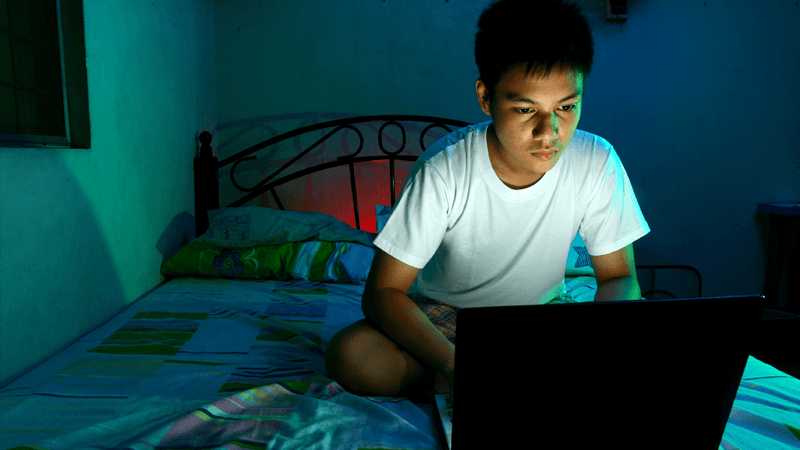Proposed changes to the draft Online Safety Bill do not include mandatory age verification checks for all commercial pornography websites.
The Joint Committee on the draft Online Safety Bill says pornography sites should follow a “binding Code of practice” to protect children from harmful content, but stopped short of calling for more stringent safeguards.
Age verification checks were approved under the Digital Economy Act 2017, but plans to implement them were abandoned in October 2019 when the Government claimed they would be covered by its Online Harms Bill.
Assurance, not verification
According to the Committee, the recommended new “Code of Practice” would help ‘service providers’ check how likely children are to see harmful content on their sites and to “put in place mitigations” to protect them from doing so.
Parliamentarians recommended the Code be undergirded by “age assurance” technologies, which may merely estimate the age of a user. They also suggested that compliance to the Code should be regulated by Ofcom.
The Christian Institute’s Ciarán Kelly said: “Basic age assurance technologies may involve no more than ticking a box or guessing the age of a user. That’s simply not good enough. Age verification checks for all sites hosting pornographic material are a must if we’re to shield our children from the harmful effects of online porn.”
The Government has two months to respond to the Committee’s recommendations.
Enduring harm
Last week, a group of children’s organisations urged the Culture Secretary Nadine Dorries to make it a “legal requirement” for all sites containing pornography to use age verification methods.
Lead signatory of the letter, Barnardo’s, recently found that more than a quarter of its frontline workers who responded to a survey “had supported vulnerable children who had accessed pornography”.
It reported that 28 per cent of respondents said that “it led to children displaying inappropriate sexualised behaviour”.
Barnardo’s Vice-President Baroness Floella Benjamin DBE said: “Children should not grow up seeing these images because it will affect them into adulthood and as I always say, childhood lasts a lifetime.”
Judicial review
In November, the High Court granted Ioannis Dekas, 52, and student Ava Vakil permission for a judicial review after the Government announced it would not be implementing a 2017 law to require pornographers to introduce strict online age verification checks.
The Court agreed that the new law could prove to be weaker than the one it claims to replace.
Public overwhelmingly support age verification for online porn
Chief Constable: no age-verification for porn ‘completely bizarre’


